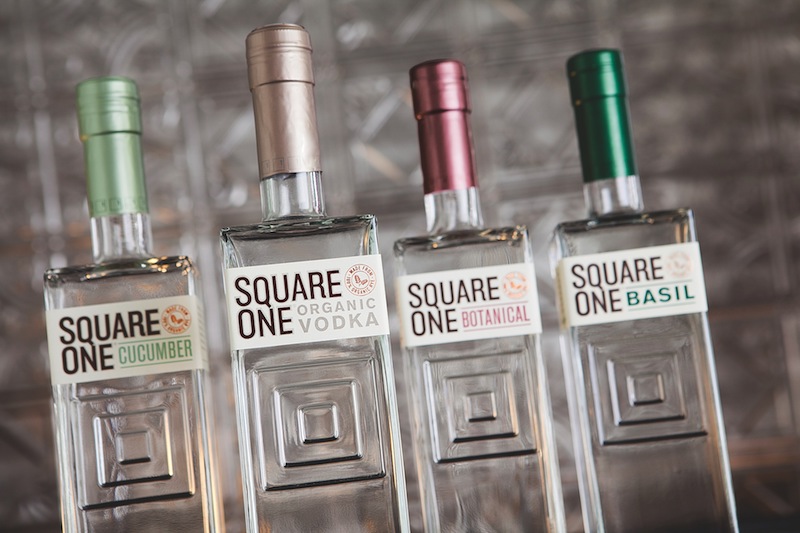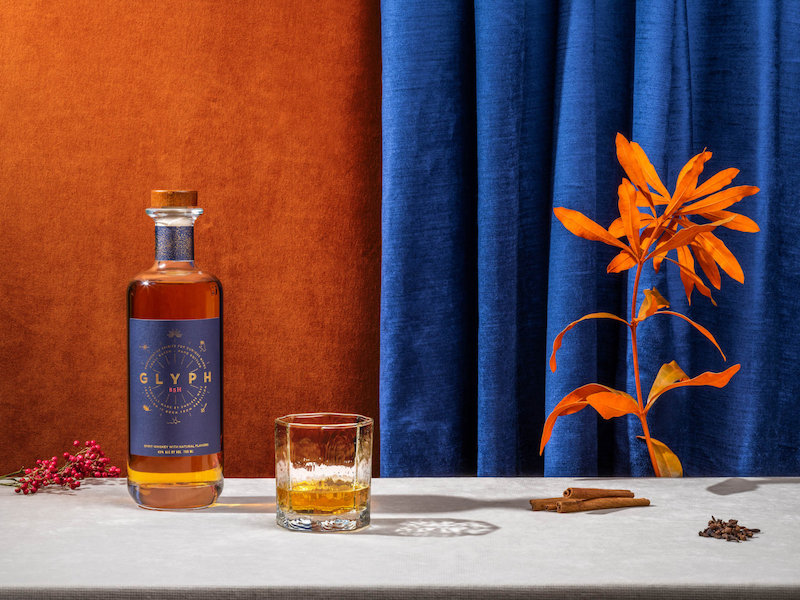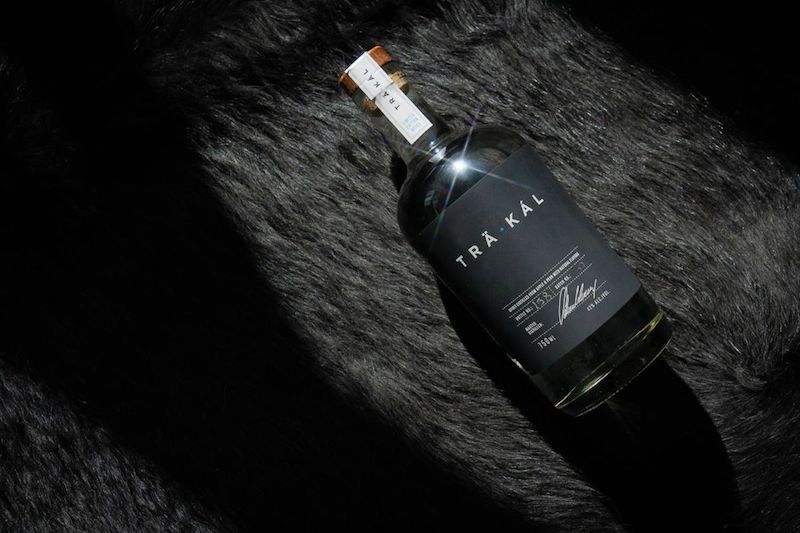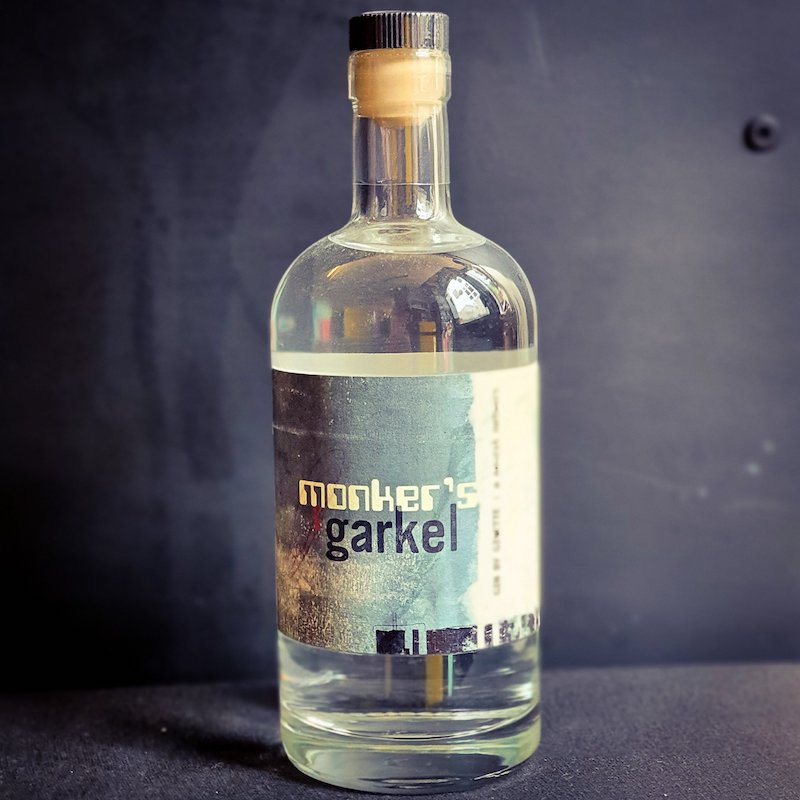We live in an era brimming with innovations, where technology is advancing at an unprecedented pace, transforming industries, including alcohol production. Modern distilleries are now embracing sustainability, reducing carbon footprints, and adopting innovative approaches to meet evolving consumer demands. Both new and established brands are exploring uncharted flavors and processes, moving beyond traditional rules to introduce unique products. This shift towards creativity and eco-consciousness in the alcohol industry reflects a broader commitment to addressing global challenges while catering to modern tastes. From sustainable practices to bold new flavors, the alcohol industry is entering a transformative phase with Innovative Spirits leading the way.
Spirits without a category
In the world of hard liquor, several groups adhere to strict production rules to qualify their products within specific categories. For example, Scotch whisky must be aged in barrels in Scotland, tequila must come from a certain type of agave and from a specific region, American bourbon must have a majority corn base, and gin must include juniper. But what if you create a high-quality, innovative, and tasty product that doesn’t fit any legal norm or you simply don’t want to associate it with a certain type of alcohol? You create your own category!
This process has been slow and gradual. Nowadays, however, we’re talking about hundreds of products manufactured with the aim of standing out and not following any rules. Since these products don’t belong to any category, they are known as botanical spirits, molecular spirits, or modernist spirits. Besides not adhering to any rules, they are united by the goal of creating high-quality, modern, innovative, and tasty products without limitations.

Pioneers in this field can be identified as Square One Spirits. In 2006, they introduced an organic local product, Square One Botanical, a rye distillate flavored with eight organic components such as pear, bergamot, rosemary, and citrus peel. Recently, major players like Ketel One and Grey Goose, as well as smaller producers like Sacred, Birds, and Highland Boundary, have entered the market with similar products. Sacred, however, is a brand worth noting for its breakthrough projects that have brought several truly unconventional and interesting products to the market.
In 2008, chemist Ian Hart dreamed of creating new and revolutionary products in the confined space of his London kitchen using vacuum distillation. His dream became a reality. In the kitchen of his family home, where he distills his products for the global market, unconventional innovations such as peat English whisky, orange liqueur based on whisky, various types of botanical distillates, and a series of spiced vermouths in collaboration with world-renowned bartenders have been created.

Whiskey from the Lab, Gin from the Computer
Another brand is Glyph, which was created in San Francisco as a startup project in 2019. The group of people behind this brand decided to create a molecular “whiskey” in a laboratory. The production takes only about a day compared to the several years of aging required for traditional whiskey. The product is based on a corn distillate, to which molecules from fruits, spices, sugar, or yeast are added, depending on the desired flavor profile. This unconventional approach primarily addresses ecological reasons, such as saving energy, wood, and especially time, while still remaining true to quality, taste, and originality. According to reviews, the product is really similar, if not identical, to the whiskeys we know and have been consuming for years, only the production process does not comply with the rules and traditions, so these products cannot be labeled as whiskey. Imagine the possibilities in production when we don’t have to wait years for the final product but can get almost instant results while experimenting and creating new products.

Staying in America but moving south to Argentina, specifically to Patagonia, a local product TRÄ•KÁL was created to kickstart a new domestic wave of spirits. It is an apple-pear distillate, with all ingredients remaining local and sourced from within a hundred kilometers of the production site. The product is pre-distilled with three types of berries, and during the third distillation, there is a “vapour infusion” of six additional botanicals, which are already in the form of essential oils for better flavor and aroma preservation. Thus, something between gin and fruit brandy is created.
The next product I’d like to introduce can indeed be categorized because it is a gin. However, the “sci-fi” process by which it was created is what’s interesting. A gin with the unconventional name Monker’s Garkel was born a few years ago in the United Kingdom with the help of artificial intelligence. The computer generated a unique recipe from a database of more than 200 recipes, but humans assisted with the multitude of individual botanicals. Later, the computer chose an “unconventional” name that sounds like it’s from the future, and its creators also let artificial intelligence select the label and the text that appears on the bottle. And it didn’t stop there. The computer also handles the marketing, generating its posts on Twitter along with hashtags. It’s something to see, hopefully, the final product is of higher quality than artificial intelligence’s social media endeavors. Nonetheless, this surely won’t be the last computer-generated spirit, as this could become quite a common phenomenon in the future.

Perhaps the most famous player in our market of experimental botanical spirits is Danish Empirical Spirits, which has existed since 2017. The basic philosophy of this company is to “pre-distill” memories, experiences, and feelings into an alcoholic form. They don’t concern themselves with any rules, rather they strive to extract the best from each ingredient without limitations. A typical ingredient in almost all of their products is koji, a type of Asian mold traditionally used in the production of miso paste, soy sauce, or sake. Their ingredients also know no boundaries, having distilled oysters, chicken skins, jackfruit, various cheeses, and even Doritos chips. It’s also interesting that they don’t always dilute their final product with water, often it’s some kind of vinegar or their own kombucha. Their CANS, which are something between flavored beer and fruit soda, are also worth trying. Empirical truly knows no bounds…

Another unconventional product is Irish whiskey Waterford, which aims to overturn the rules and make this Irish gem its own way. Its producers are not shy about being fully inspired by the best wine producers and especially about how they treat barley, the basis of their product, with real love. They divide barley according to terroir like wines, producing their “cuvée whiskey” or “single-farm whiskey,” more commonly known with vodkas. We could also take a lesson from their approach to ecology, as they work only with local farmers and their production is heading towards carbon neutrality in the near future.
In conclusion, I’d just like to note that our world of bars, which is full of rules, really needed products of this kind so we no longer have to curb our imagination, creativity, and can create without limits. And not just in the production of spirits, but also in creating new drinks or combinations of flavors and techniques. The world will bring even more and more such products in the coming years, and perhaps one day the basic types of alcohol as we know them today will disappear forever.
If this topic has caught your interest, I definitely recommend checking out other products from producers like Nc’nean, Callisto, Buck & Birch, Compass Box, or Farmily, in addition to the brands mentioned.




